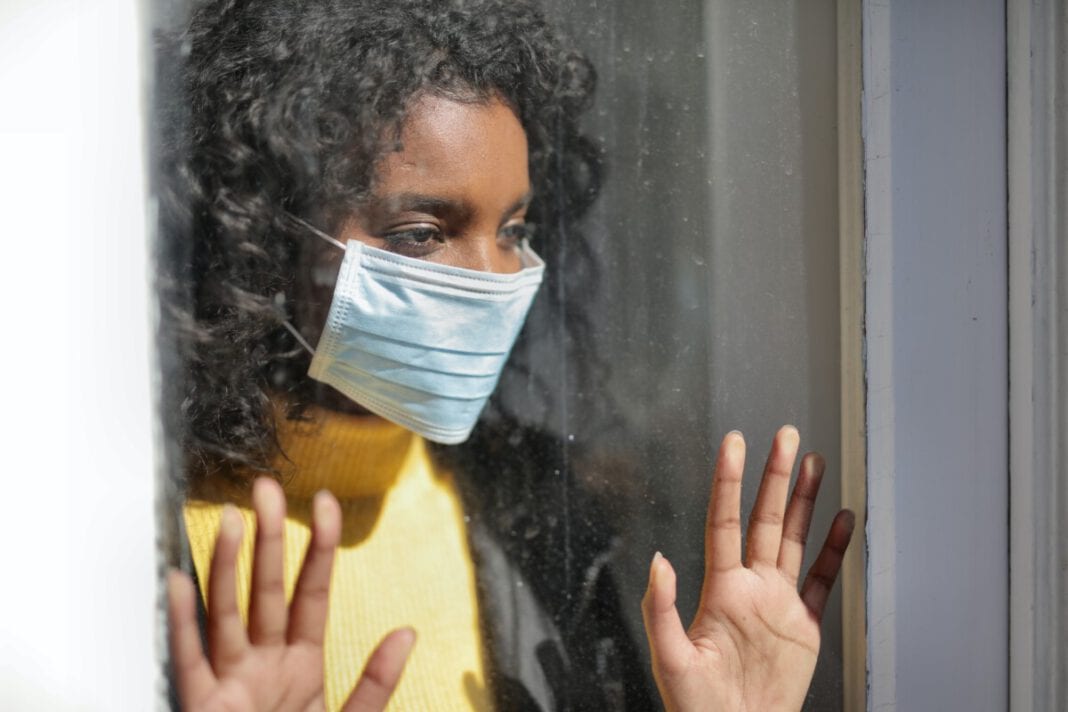As the new variant of coronavirus continues to circulate in the Netherlands, stricter measures remain on the table — and the call for action from some experts is getting louder.
“Although the lockdown does work, we expect that with only the current measures the infections will increase again because of that British variant,” epidemiologist and behavioural scientist Esther Metting tells the NOS.
“In England, the variant was introduced in October and in a short time, half of the infections were caused by it,” explains Metting. “In the Netherlands, we test randomly for the British variant and you can see that in three weeks the presence of the variant has gone from 1 to 12%.”
New mutation 30% more infectious
Health economist and epidemiologist Koen Pouwels conducts large-scale coronavirus research at Oxford University, where he has worked for the past two years. He explains that although the new variant is not more harmful to an infected person, the real threat lies in its greater contagiousness.
“We have been taking thousands of corona tests per day on humans since April 26,” says Pouwels. “Our study is based on 1.5 million samples. The latest important finding is that the new variant is 30% more infectious than the old one.”
This is actually less contagious than was previously thought. Initial studies estimated the strain to be 40 to 50% more infectious. “But it is still a lot more contagious than other variants, and that really presents a major problem,” says Pouwels. In relative terms, he says the variant is “more dangerous for the population than, for example, a variant that is 30% more deadly.”
Stricter measures needed
By February, the OMT experts expect the new variant to be dominant in the Netherlands. While the “regular” strain is expected to ebb to a relatively low level by March, without additional measures, what would be a decrease in the infection rate will, in turn, be an increase with the more contagious variant.
This is why experts say tighter measures are necessary. “You have to take a measure that reduces the number of contacts. That could be a curfew,” says Pouwels.
Reduce the number of contacts
It could also be a reduction in the maximum number of guests allowed per household. Two guests are currently permitted per day but Pouwels says, “I think that’s quite a lot because, in theory, you can infect 14 people per week.”
In England, the new variant has been so infectious in recent weeks that no visits to other household are allowed at all, and singles are permitted to form a “bubble” with one other household. “Studies show that if people stick to this to some extent, it can already be quite effective,” says Pouwels.
Government can’t wait
England was late in identifying the presence of the more contagious variant, which caused a rapid rise in the curve. “The advantage for the Netherlands is that it can keep an eye on the new variant and a situation like the one in England can still occur,” says Pouwels.
Metting says it’s a risk for the government to wait for the numbers to convince people of the need for additional measures. “Let the government, which is always late, be on time with extra measures,” says Metting.
“That could be the curfew, a ban on visitors, a distance restriction around your house. Or better support for people who must isolate at home after a positive test because the roads are not quiet enough yet.”
Do you think stricter measures are needed in the Netherlands? Tell us your thoughts in the comments below.
Feature Image: Andrea Piacquadio/Pexels




Why would you call it a British variant of COVID-19?
Why not SARS-CoV-2 variant of covid-19?
Why not the British variant of the Chinese virus?
This is quite a hypocrisy.